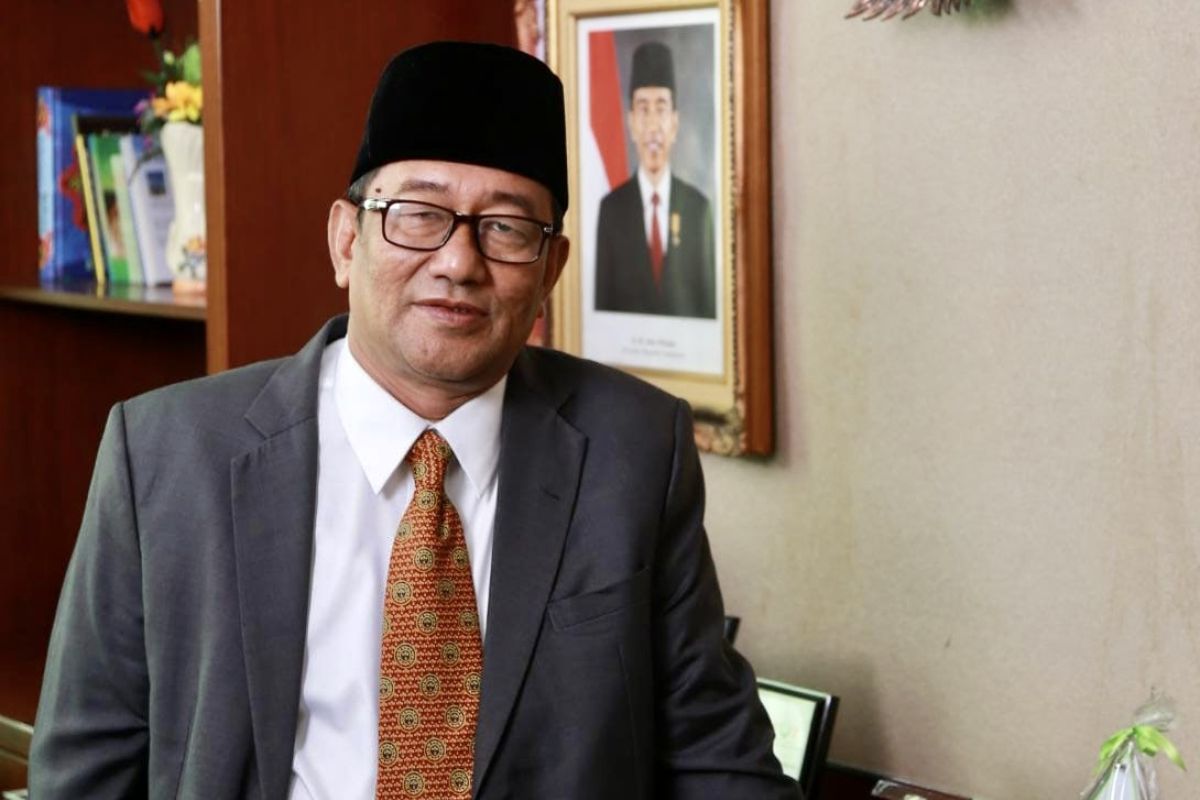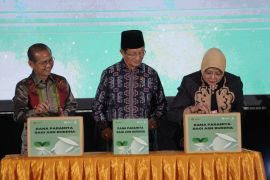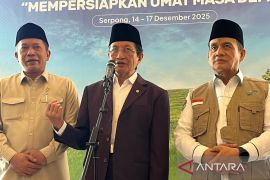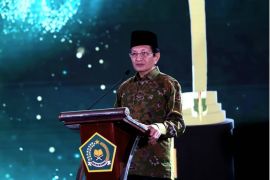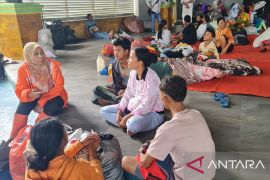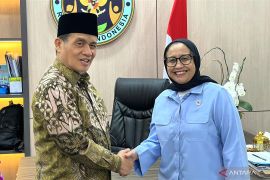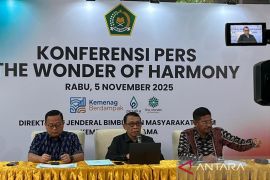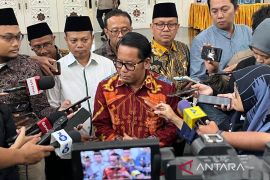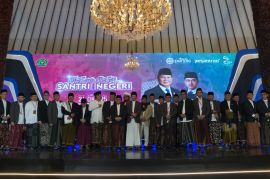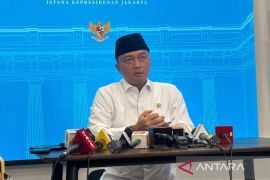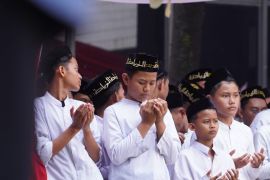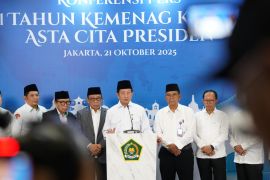We have to disseminate information on a more massive scale, so that the public will know that we have in place a people’s economic empowerment program, thereby encouraging other parties to also participate.Jakarta (ANTARA) - The Religious Affairs Ministry urged its staff at regional offices to massively disseminate information on zakat (alms) empowerment assistance program in a bid to encourage the public to collectively become zakat payers (muzaki).
“We have to disseminate information on a more massive scale, so that the public will know that we have in place a people’s economic empowerment program, thereby encouraging other parties to also participate,” the ministry’s zakat and waqf empowerment director, Tarmizi Tohor, noted in a statement received here on Monday.
The lack of information dissemination is among the factors behind such a program being unknown to members of the public, according to the director.
Dissemination of information is important to inform the public about zakat, he remarked.
Without the dissemination of information, the programs ran as though they were non-existent, he noted, adding that such a condition will affect the people's trust to pay zakat, infaq, and shadaqah.
Thohor stated that some empowerment programs that a non-structural government institution Baznas runs, comprised farm, agriculture, fisheries management; capital provision through mentoring; and infrastructure construction for people.
The public should be made aware of such programs, he highlighted.
Related news: Ministry works with BNPT to bolster monitoring of alms institutions
The ministry’s regional offices should also expand the social networks to some stakeholders in the regions to help develop the people’s empowerment program.
“Have some talks with district heads and mayors about this program, so they will surely be interested to work in synergy since the program aims to improve their residents’ living standards,” he remarked.
Through sound inter-institutional synergy, the program will develop and benefit the public sooner, he noted.
“Currently, Baznas and LAZ (Amil Zakat Institution) conduct entrepreneurship mentoring and training for the beneficiaries. The program will be such a matter of pride for us if it is successful,” Tohor pointed out.
In addition, the zakat and waqf literacy activities that the ministry has conducted through several social media platforms and visits to universities are not sufficient, he stressed.
Tohor highlighted the urgent need for a concrete people’s economy empowerment program.
“I do not want that we only talk about theories in zakat literacy, but we need to prove that what we are doing could proffer benefits to the public,” he remarked.
Related news: Do not be tempted by online loans: Baznas
Translator: Asep Firmansyah, Juwita Trisna
Editor: Rahmad Nasution
Copyright © ANTARA 2022
